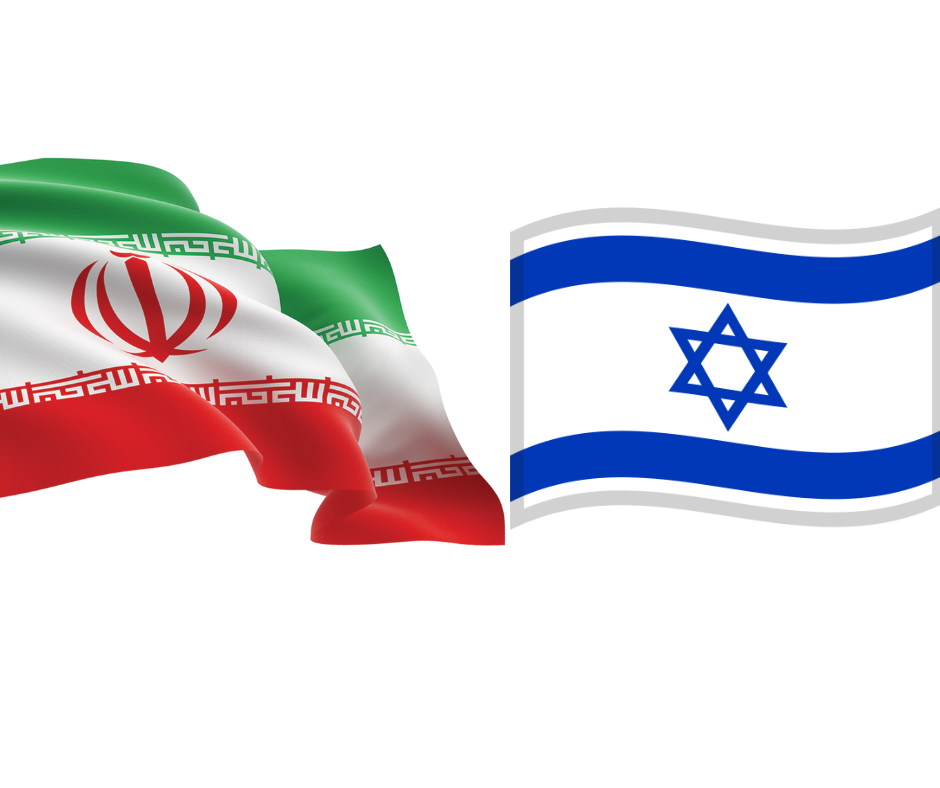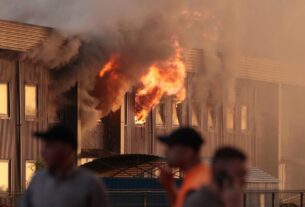Israel was rattled by booms and the wail of sirens as Iran unleashed a barrage of over 200 missiles and drones in an unprecedented assault. The Middle East edged closer to regional conflict as the skies lit up with drones, ballistic missiles, and cruise missiles launched by Iran in what Israeli officials called a retaliatory strike, marking the first direct military attack by Iran on Israel.
Amid the chaos, global leaders swiftly condemned the attack. France warned of a potential military escalation, while Britain labeled Iran’s actions as reckless, and Germany demanded an immediate halt to the assault and its proxies’ involvement.
Israeli military spokesman Rear Adm. Daniel Hagari confirmed the firing of numerous drones and missiles by Iran, with most intercepted before reaching Israeli territory. However, some missiles did breach defenses, causing limited damage and injuries, including a critically injured 7-year-old girl in southern Israel.
Hagari emphasized the severity of Iran’s attack, noting Israel’s readiness to defend itself. The ongoing situation prompted the United States to shoot down three Iranian drones heading towards Israel, showcasing international involvement in the region’s defense.
Prime Minister Benjamin Netanyahu engaged in discussions with US President Joe Biden, reaffirming US commitment to Israel’s security amidst Iranian threats. The attack stemmed from Iran’s allegations of Israeli involvement in a bombing in Syria that killed two Iranian generals.
The conflict escalated from ongoing tensions, with Hamas and Islamic Jihad, supported by Iran, engaging Israel in Gaza, while Hezbollah targeted Israel’s northern border. Iranian-backed groups in Iraq, Syria, and Yemen also joined in, launching rockets at Israel.
In response, Iran’s Revolutionary Guard claimed responsibility for the assault, warning the US against interfering in Iran’s interests. The attack and subsequent interceptions highlighted the region’s complex defense systems and heightened tensions, with repercussions felt across neighboring countries like Lebanon, Syria, and Jordan.
The situation remains fluid as global powers navigate diplomatic and military responses to prevent further escalation in the volatile region.





